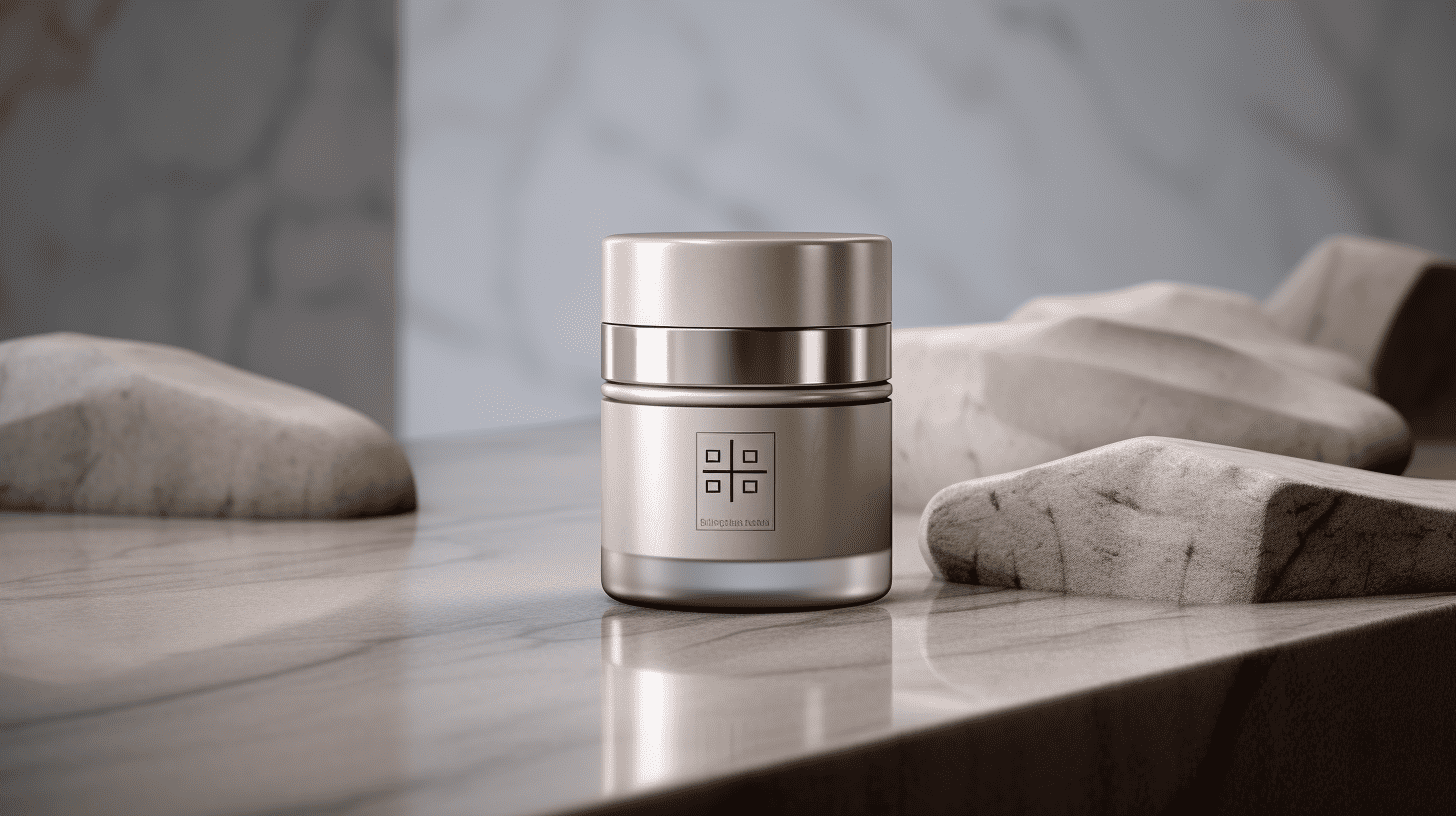When it comes to maintaining healthy and youthful-looking skin, innovative technologies and skincare ingredients play a crucial role. In recent years, the use of micro liposomes and collagen has garnered significant attention in the field of skincare. Micro liposomes, lipid-based vesicles, offer targeted delivery of various substances, while collagen, a fibrous protein, provides essential structural support to our skin. In this blog post, we will explore the theoretical basis of the effects of micro liposomes and delve into the benefits of collagen for the skin. Join us as we uncover the science behind these fascinating skincare advancements.

The Theoretical Basis of the Effects of Micro Liposomes
Micro liposomes serve as versatile carriers for the targeted delivery of drugs, nutrients, and genetic material. Their effectiveness lies in several key principles, including their lipid bilayer structure, encapsulation capabilities, stability, targeting abilities, and cellular uptake mechanisms.
- Lipid Bilayer Structure: The unique structure of liposomes allows them to encapsulate both hydrophilic (water-soluble) and hydrophobic (fat-soluble) substances. By modifying their size, charge, and lipid composition, liposomes can optimize the encapsulation and release of desired substances.
- Enhanced Permeation and Retention (EPR) Effect: One of the crucial aspects of liposome functionality is the EPR effect. This effect enables liposomes to accumulate in tumor tissues due to their size and surface properties. By capitalizing on this phenomenon, liposomes enhance drug delivery to tumor cells while minimizing toxicity.
- Protection and Stability: Liposomes shield encapsulated substances from degradation, thereby improving their stability and bioavailability. This protection ensures that the substances reach their intended targets in a functional state.
- Cellular Uptake: Liposomes employ cellular uptake mechanisms to deliver substances into target cells. They achieve this through fusion with cellular membranes or intracellular lipid exchange. These mechanisms allow liposomes to release their contents effectively, facilitating drug delivery, gene therapy, and other biomedical applications.
Understanding the Characteristics of Collagen
Collagen, an essential fibrous protein found in the body’s extracellular matrix, plays a crucial role in providing structural support, tissue strength, and various biological functions. Its unique triple helix structure, formed by three polypeptide chains, imparts structural integrity to tissues such as skin, tendons, ligaments, bones, and blood vessels.
- Collagen’s Primary Functions: Collagen is responsible for maintaining skin elasticity and moisture, preventing aging, vascular damage, and other skin-related issues. However, as we age, especially after menopause, the body’s collagen synthesis decreases, leading to visible signs of aging.
- Challenges with Collagen Skincare: Collagen skincare products have gained popularity for their anti-aging properties. However, the effectiveness of these products can vary due to the large molecular structure of collagen. The size of collagen molecules impacts their ability to penetrate the skin, with smaller molecules being more easily absorbed.
- Collagen Sources and Absorption: Collagen derived from different sources can have varying molecular sizes. Animal-derived collagen tends to be larger than fish-derived collagen. To enhance skin absorption rates, collagen peptides encapsulated within micro liposomes have shown promise. Additionally, the effectiveness of collagen products relies on the content of pure collagen and auxiliary ingredients like elastin, hyaluronic acid, and ceramides.

The Benefits of Collagen for the Skin
Collagen, constituting 70% of our skin, is essential for skin health and aging prevention. As collagen production decreases with age, supplementation through skincare products becomes crucial. Here are some key benefits of collagen for the skin:
- Potent Natural Moisturizer: Each collagen molecule has the capacity to hold over 2,000 water molecules, making it a powerful natural moisturizer. This hydrating effect is vital for anti-aging, as it helps reduce wrinkles and maintain skin elasticity.
- Structural Support and Skin Elasticity: Collagen acts as the foundation for our skin, supporting its structure and maintaining elasticity. Low-molecular-weight collagen, particularly when encapsulated in micro liposomes, is absorbed more rapidly into the dermis, increasing its utilization in the body.
- Improved Skin Health: Collagen fills the gaps between skin cells, trapping hyaluronic acid and retaining moisture while hydrating the dermis. It enhances skin elasticity, moisturization, brightness, and reduces the appearance of wrinkles. Additionally, collagen stimulates the production of new skin tissue, such as elastin and hyaluronic acid, promoting natural skin regeneration.
- Micro Liposome Collagen Cosmetics: Skincare products that contain low-molecular-weight collagen peptides within micro liposomes offer faster penetration into the dermis compared to regular cosmetics. The collagen peptides closely resemble the structure of skin collagen, making them crucial for effective skin regeneration.
Conclusion
Micro liposomes and collagen have revolutionized the skincare industry with their targeted delivery and skin-enhancing properties. The lipid-based vesicles of micro liposomes enable the precise delivery of substances, while collagen provides vital support for maintaining skin health and preventing signs of aging. By understanding the theoretical basis behind these innovations and harnessing their benefits, we can unlock the potential for healthier, more radiant skin. Embrace the power of micro liposomes and collagen in your skincare routine and experience the transformative effects they offer.

